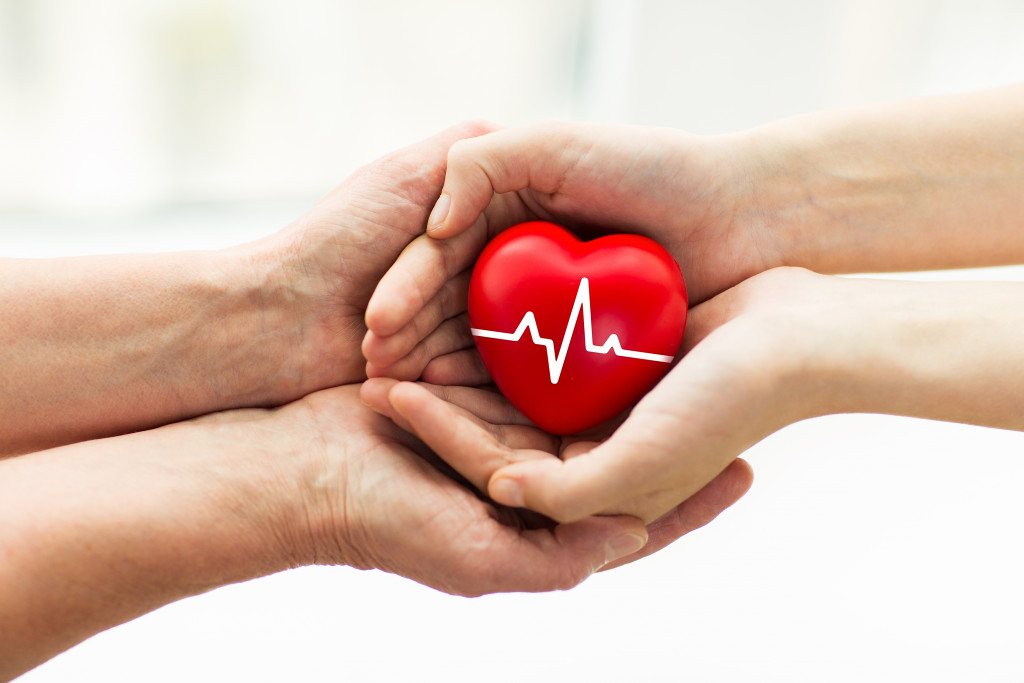- Eating a balanced diet with foods from all vital food groups and engaging in regular physical activity can improve physical and mental health.
- Mindfulness practices such as meditation can reduce stress levels, increase focus, and promote inner peace.
- Getting adequate sleep helps regulate moods, energy levels, and concentration for better mental health.
- Dental hygiene is integral to overall health; brushing and flossing at least twice daily is essential for good oral health.
Health is a fundamental part of everyone’s life and should not be taken lightly. Without good health, performing everyday activities and enjoying life are more complicated. Health refers to physical and mental well-being, so it is essential to maintain both aspects to lead a successful life.
Physically, many benefits come with maintaining a healthy lifestyle, such as reducing the risk of diseases, improving physical fitness and energy levels, and helping people look better. For instance, according to the World Health Organisation (WHO), people who are physically active reduce their risk of heart disease by 30–40%, stroke by 20–30%, type 2 diabetes by 40–50%, and some types of cancer by up to 20%. Furthermore, exercise can also help improve moods and provide feelings of accomplishment, leading to improved self-esteem.
Mental health will also benefit from a healthy lifestyle. This includes feeling good about oneself, having positive relationships with others, being able to resolve problems, and effectively managing stress. Mental health is essential in preventing mental illnesses such as depression and anxiety, which can have long-term effects on an individual’s life if left untreated.
Overall, there are various aspects to consider for your health. Here are a few to prioritize for your well-being:
Diet and Exercise

Diet and exercise are two of the most critical components of health. Eating a balanced diet and engaging in regular physical activity can positively affect overall health, reducing the risk of many chronic diseases and other serious illnesses.
A well-balanced diet consists of eating various healthy foods from all the important food groups. This includes fruits, vegetables, whole grains, low-fat dairy products, lean proteins, nuts, and seeds. A healthy diet helps provide your body with the necessary nutrients to grow and function properly. It also helps reduce inflammation, which can lead to disease.
Exercising regularly is equally essential for maintaining good health. Exercise helps improve circulation, strengthens bones and muscles, reduces stress, and encourages good sleep patterns. The World Health Organisation recommends that adults aim for 150 minutes per week of moderate aerobic activity and muscle-strengthening activities two or more days per week. Regular exercise has been shown to reduce the risk of heart disease, stroke, type 2 diabetes, cancer, and depression.
Mental Health

Mental health is as important as physical health; the two are deeply intertwined. Poor mental health can adversely affect physical health and vice versa. It is essential to take care of both aspects for overall well-being.
Here are a few ways to improve mental health:
Practice Mindfulness
Mindfulness techniques such as meditation can help reduce stress levels and increase focus while promoting an overall sense of inner peace and well-being. Taking time out each day for mindfulness practice allows individuals to self-reflect, which can help identify areas that need improvement in lifestyle or thinking patterns that may contribute negatively to their mental health.
Connect With Others
Social connection is essential for good mental health since it gives people feelings of belongingness while helping them develop meaningful relationships not easily obtained elsewhere. Connecting with other people through hobbies or activities like sports or art classes provides stress relief while allowing individuals to share experiences with like-minded peers from within their community or online forums related to specific interests or causes they care about deeply.
Perform Stress Management
Stress is a significant contributor to poor mental health. Regularly making time for relaxation and engaging in activities that reduce stress levels can help improve mental wellness. This includes activities like yoga, deep breathing exercises, reading, or taking a walk outdoors. Regular breaks from work can also help reduce stress levels significantly and allow individuals to rest their minds and body.
Get Adequate Sleep
Mental health will also benefit from getting adequate sleep. Not sleeping enough can hurt mood, energy levels, and concentration. Adults should get at least seven hours of sleep each night, with children needing more to promote healthy growth and development. Establishing a consistent bedtime routine can help encourage better quality sleep.
Dental Health
Dental health is an integral part of overall health that often goes overlooked. Poor oral hygiene can lead to serious health consequences, such as cavities, tooth decay, gum disease, and other infections that can spread throughout the body. Individuals need to prioritize dental care to prevent these issues from occurring in the future.
Regular brushing and flossing at least twice daily are essential oral hygiene habits. Brushing should be done with a soft-bristled brush and fluoride toothpaste to remove plaque and prevent cavities. Flossing helps remove food particles stuck between teeth not reached by brushing alone. Regular visits to nearby dental clinics can help spot early signs of potential problems before they become worse.
Final Thoughts
Health is a fundamental part of life and should not be taken lightly. Prioritizing these areas can help improve overall physical and psychological well-being while reducing the risk of severe illnesses in the future. It is essential to strive for a healthy lifestyle that promotes good physical and mental health today and in the future.


